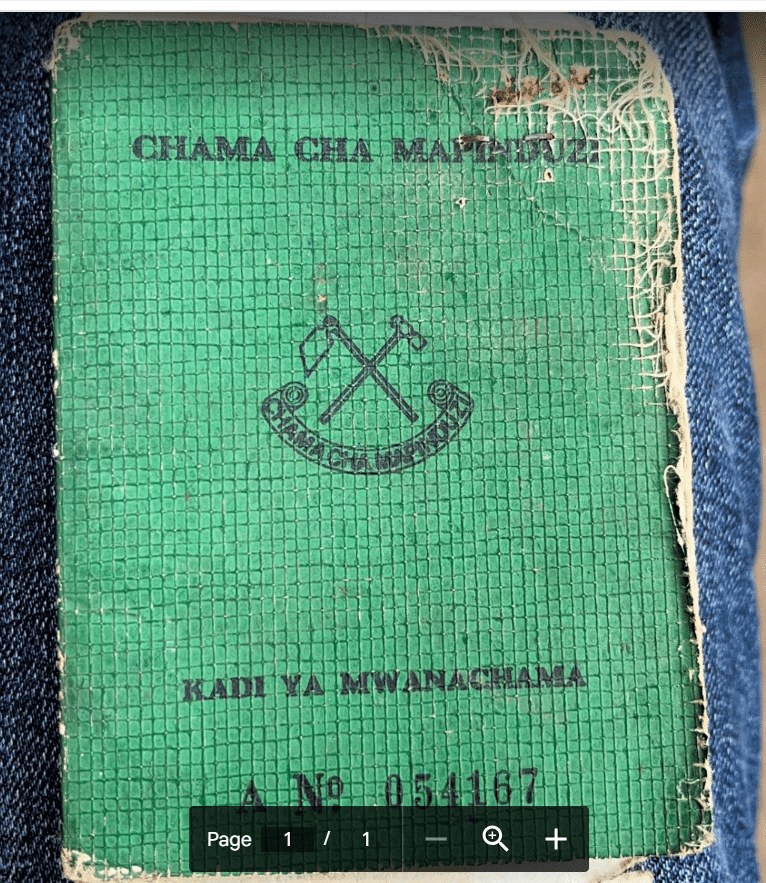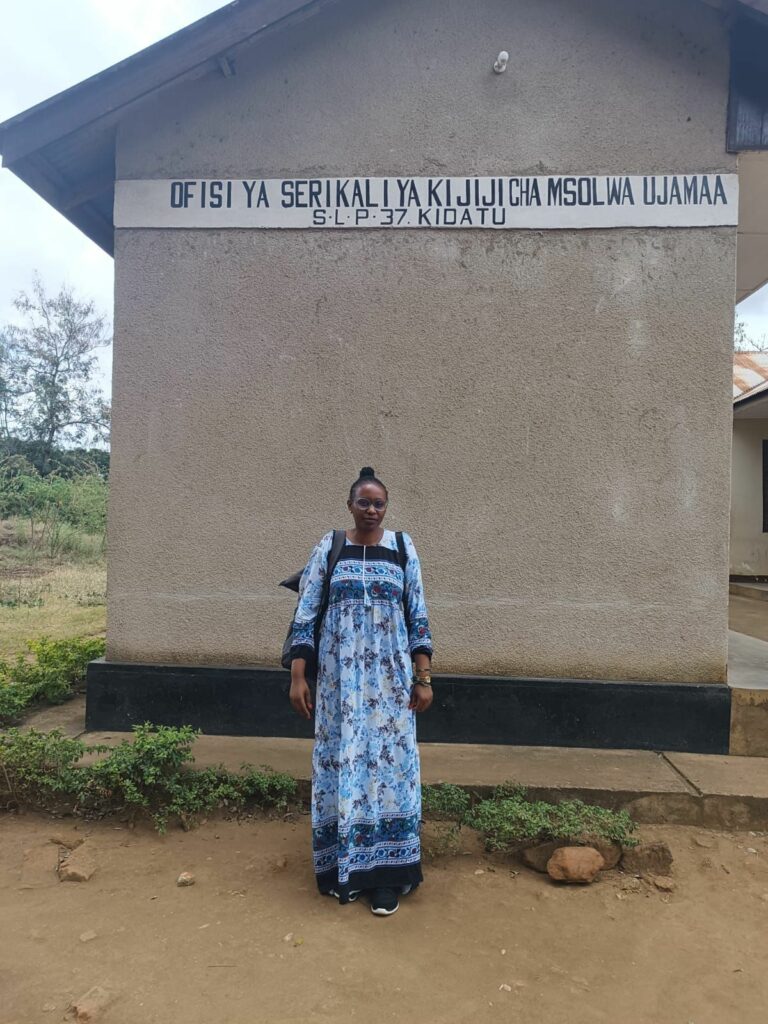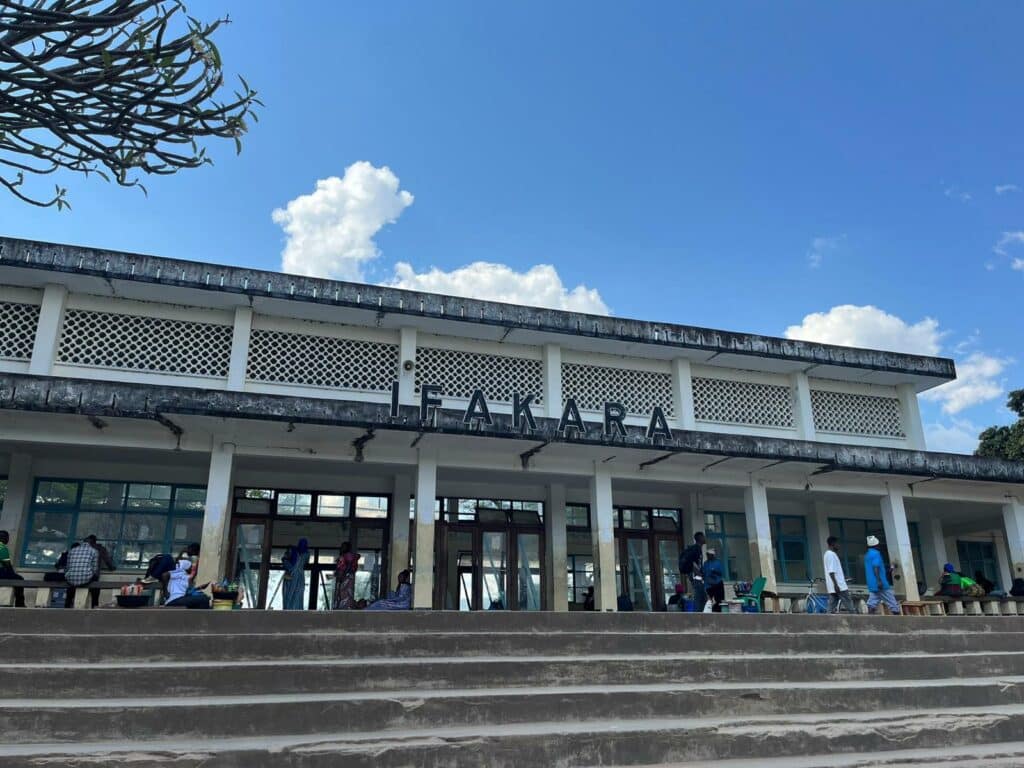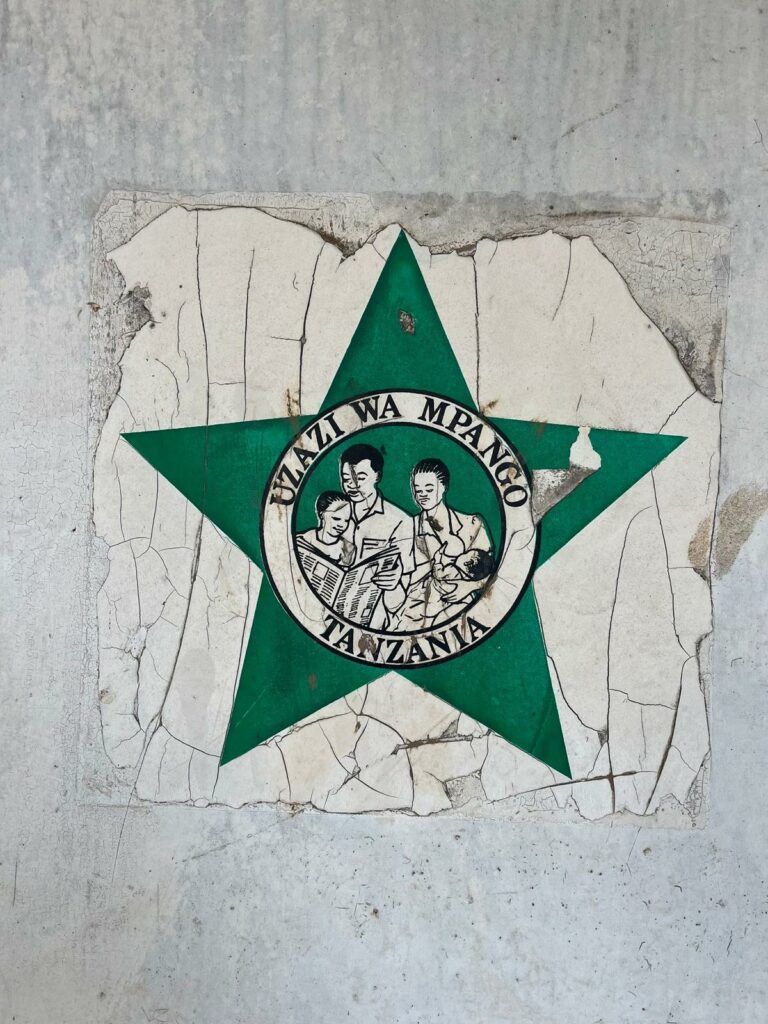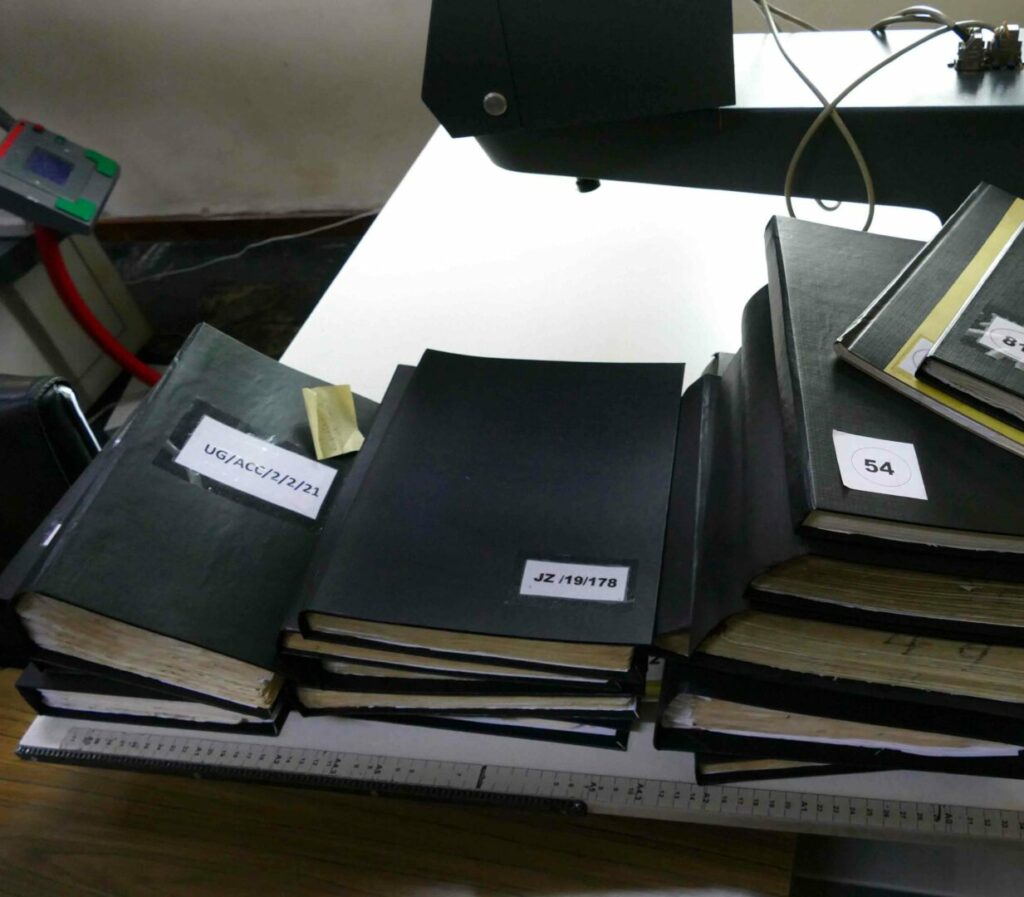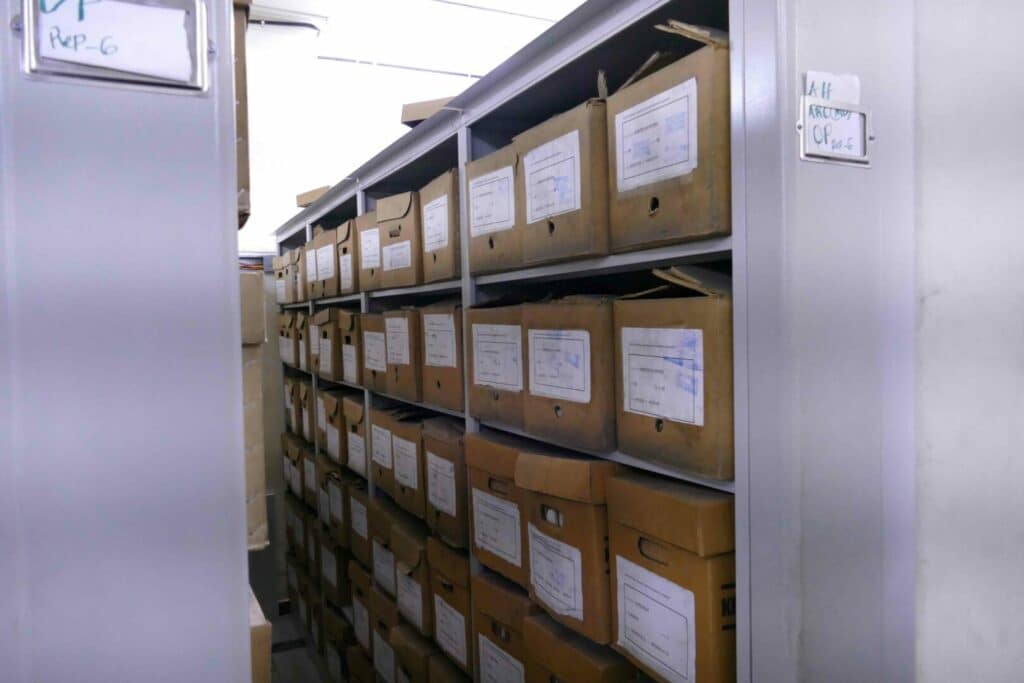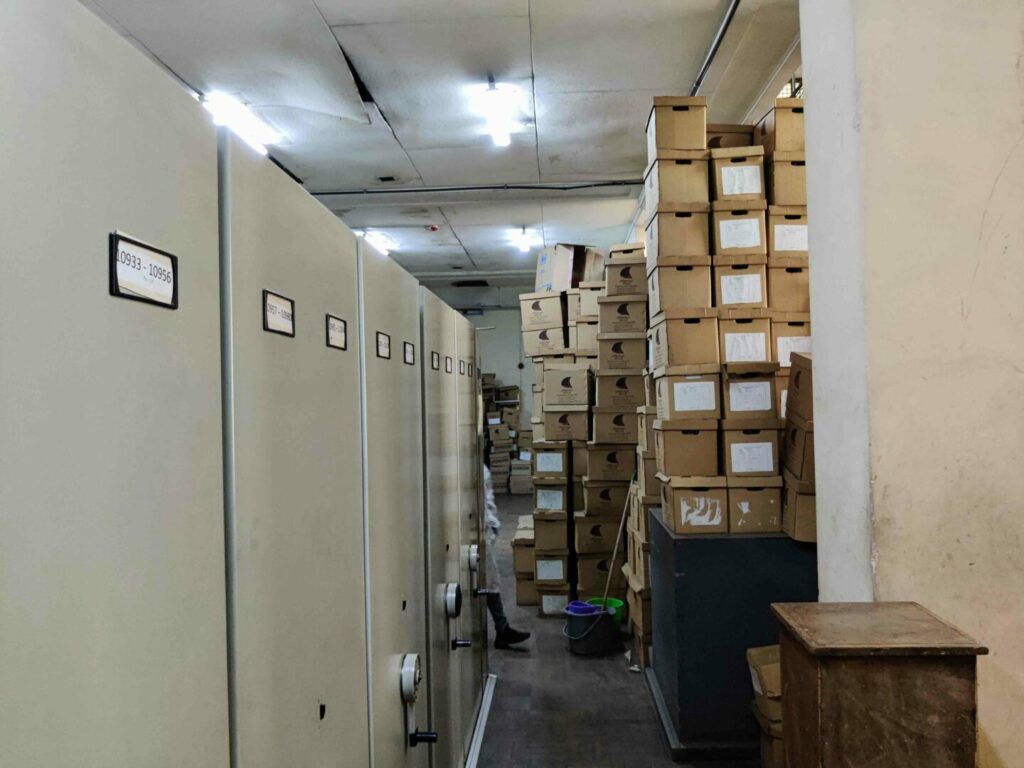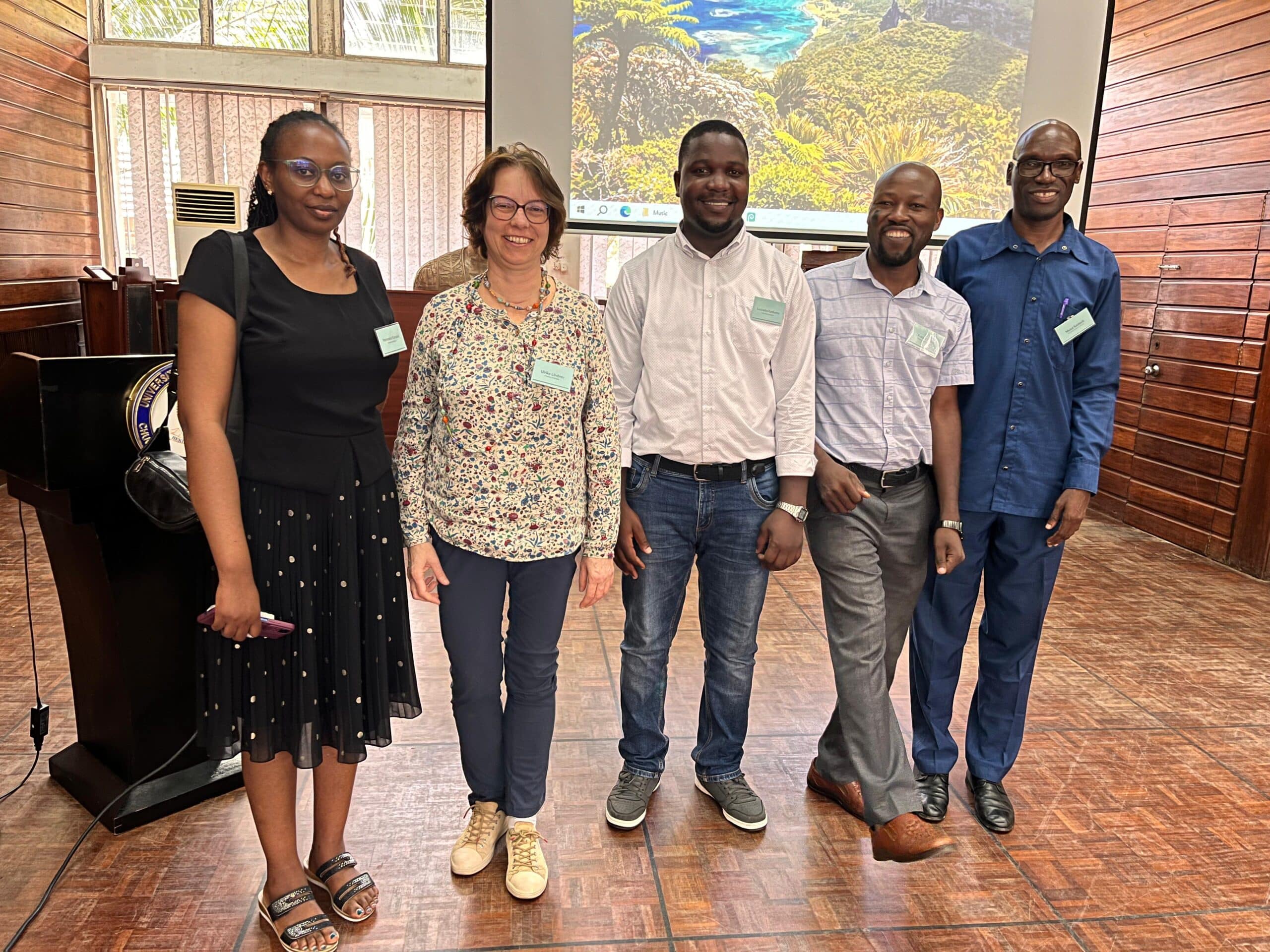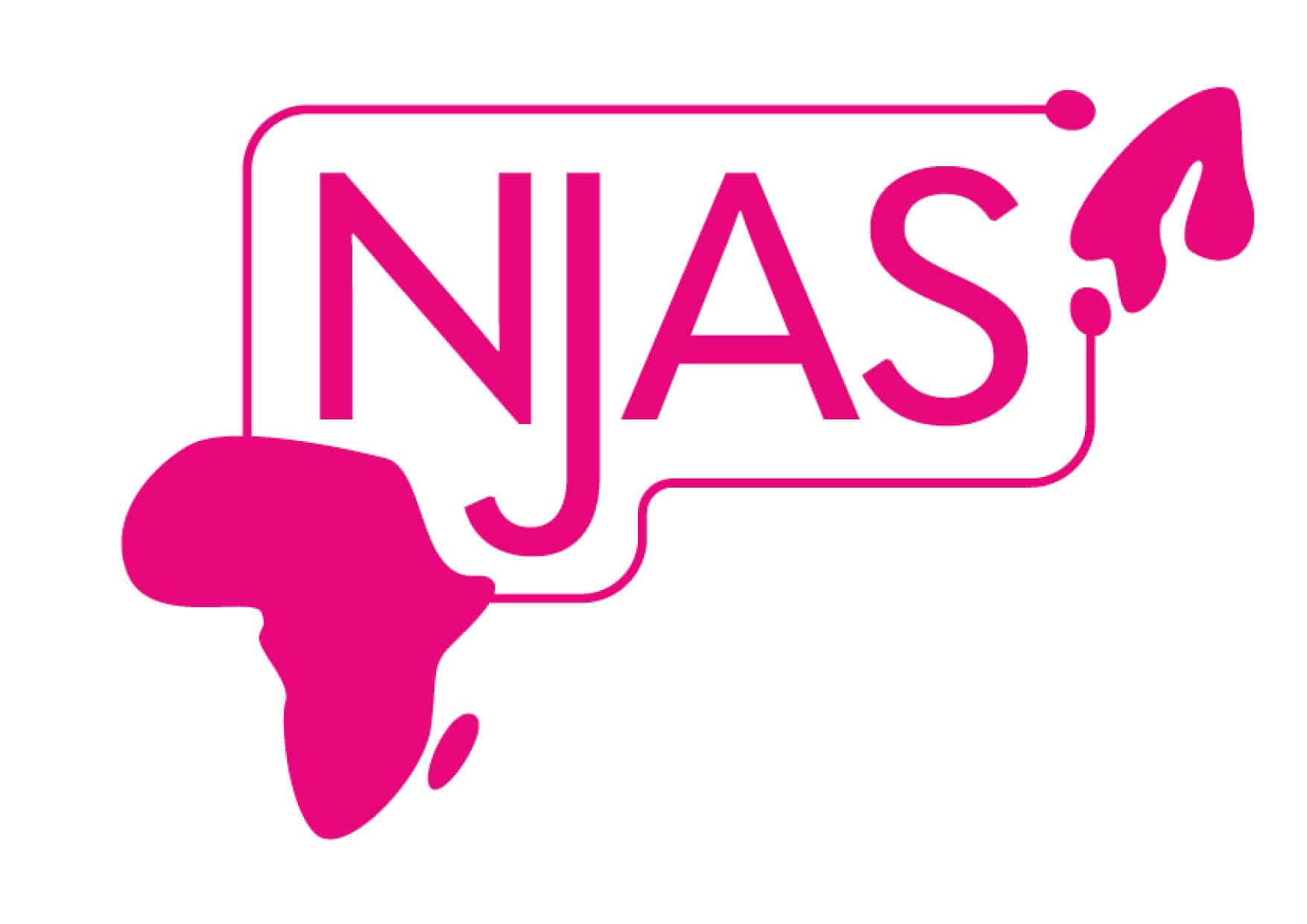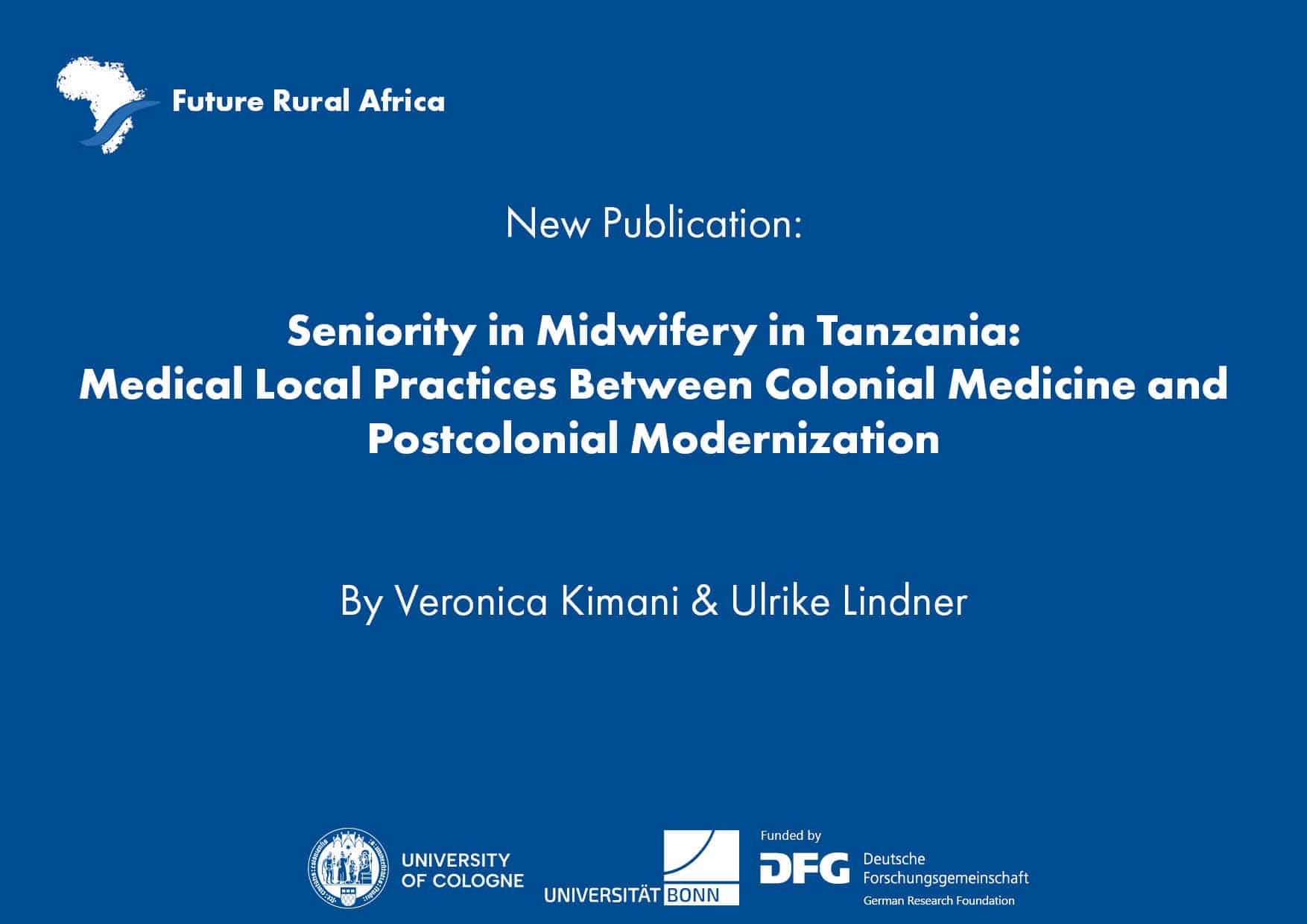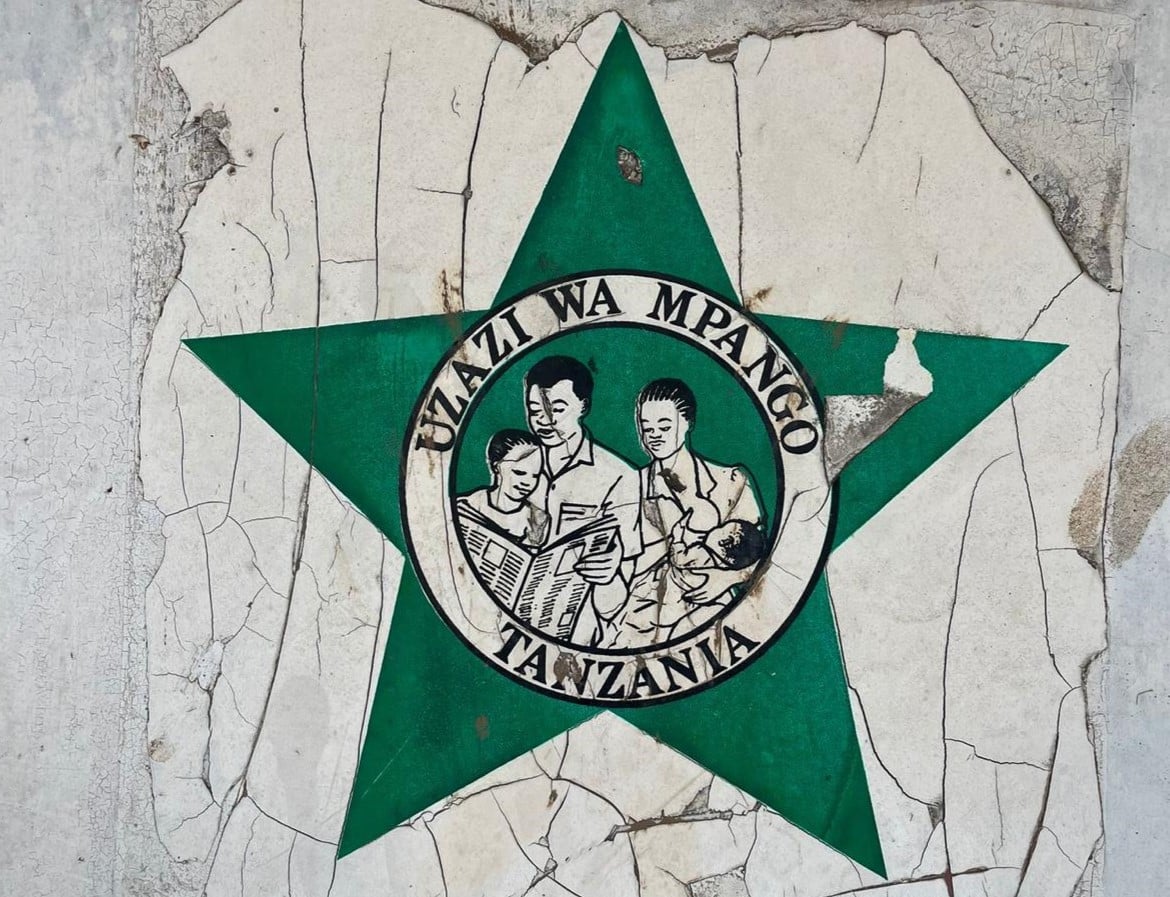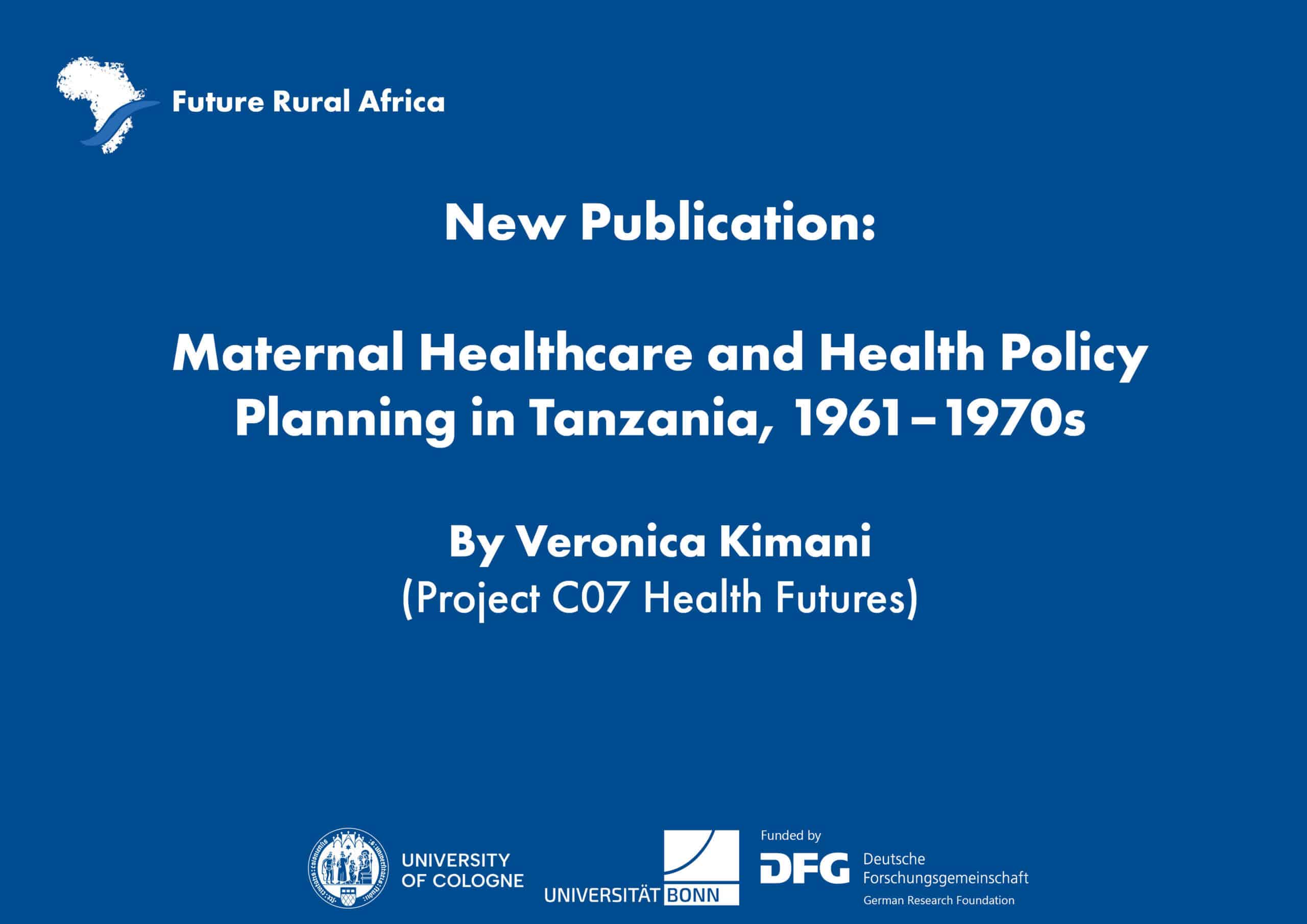CRC TRR 228 Project C07
Creating Health Futures
Welfare-policy planning in Tanzania from the 1960s to the 1980s
C07 Creating Health Futures
Vision
Understand the role of public-health policy planning under changing concepts of social welfare and political legitimation as it relates to “future-making”.
Project Summary
The sub-project C07 will address the history of health policy as a central planning and infrastructuring feature of welfare policy in Tanzania and will investigate how health-policy planning became an important tool for future-making in the newly independent country from 1961 onwards. It will concentrate on health-policy planning and the creating of health infrastructures in Tanzania after independence from 1961 to the 1980s, as other costly aspects of welfare policy such as pro-poor or pro-old-age policies were not yet considered feasible in the newly independent state of Tanzania.
Many of the new African governments were confronted with considerable challenges in the field of health. When the colonial authorities left there were too few trained African doctors – in Tanganjika only 18 – not enough hospitals and a very limited number of African people with experience in health policy. The period from the 1960s to the 1980s became a phase of intensive planning and future-making. Tanzania used various western welfare models, butalso socialist/communist forms of health policy, drawing on experiences from the Soviet Union and the People’s Republic of China. However, Tanzanian politicians also had to rely on the infrastructures that had been implemented by the colonial administrations. Experts from the British administration remained rather powerful in the independent state, even if a strong nationalization policy was introduced. Additionally, in Tanzania, the development of health services was strongly connected with the land-use change and the collectivization approach of the Ujamaa programme which was initiated by the country’s first president Julius Nyerere and enforced in the 1970s. The introduction of health centres was seen as an important tool to accompany the broad land-use change, to help the rural population and likewise to make the Ujamaa programme more attractive for peasants.
The sub-project will examine public-health-policy planning as a means to create a better future for the rural population and investigate the impact of various international models and the influence of transnational actors. It will also study how these new approaches were further developed by Tanzanian health politicians and doctors on the ground. A geographical focus will be the regional development in the Kilombero District, and particularly its health centre in Ifakara. Ifakara lies in the SAGCOT corridor, and the sub-project will thus contribute to the understanding of the history of rural and agricultural planning in one of the key areas of the CRC. The project generally highlights the connection between future planning, (changing) concepts of social welfare, and political legitimation.
<span style="color:#2B71B5; font-weight:bold"Research Regions: Namibia (KAZA), Tanzania
Problem Statement
The sub-project C07 addresses the history of health policy as a central planning and infrastructuring feature of welfare policy in Tanzania and investigates how health-policy planning became an important tool for future-making in the newly independent country from 1961 to the 1980s. The development of communal health services in connection with the Ujamaa program, the still-strong influence of earlier colonial social policy concepts, and the new transnational developments will be analysed congruently for the first time providing a basis for the understanding of rural developments in later periods in Tanzania.
Key Questions
- How was the Tanzanian health system being planned; how did government and TANU argue?
- In what ways were the plans bound back to the Ujamaa model? Were the two first five-year plans implemented?
- What problems and challenges arose, including in connection with the relocations through the Ujamaa programme?
- How did the country’s postcolonial elites and representatives of development agencies from abroad collaborate in efforts to control specific diseases?
- Did the fight against certain diseases bring together otherwise antagonistic actors?
Methodology
- Archival Analysis
- Interviews
- Examination of printed/published sources
Relation to the CRC
The CRC looks at practices and processes that deal with visions of future in Africa and identifies the thematic fields of climate change and health as core elements. Sub-project C 07 on past health planning will therefore bring in a necessary historical perspective to the CRC in general, as e.g. the creating of health futures in the early decades of independent East Africa promoted interventions that had a strong impact on further ecological developments. With regards to the role of experts in future planning, the project will closely cooperate with projects C03 on ecological infrastructure in Tanzania and C02 on experts in infrastructure planning in Kenya. All three projects, C02, C03 and C07, work with the notion of travelling concepts.
Publications
Edward, F., Lindner, U. 2024. Health Infrastructure Planning in Tanzania, 1961-1980s: The Problems of Future-making. Zamani: A Journal of African Historical Studies. Vol 1: no. 1 (2024), DOI
Kimani, V. 2024. Nurturing Traditional Midwifery and Medicine: The Entangled Path of Health Integration in Post-Independence Kilombero, Tanzania. Zamani: A Journal of African Historical Studies. Vol 1: no. 1 (2024), DOI
Kimani, V. 2024. Maternal Healthcare and Health Policy Planning in Tanzania, 1961–1970s. Africa Development, 49(2), DOI
Kimani, V., Lindner, U. 2024. Seniority in Midwifery in Tanzania: Medical Local Practices Between Colonial Medicine and Postcolonial Modernization. Nordic Journal of African Studies, 33(4), 304–325. DOI
Lindner, U. 2024. Introduction: Failed Futures? (Post)-colonial Planning and Future-making in Tanzania. Zamani: A Journal of African Historical Studies. Vol 1: no. 1 (2024), DOI
Lindner, U. 2020. ‘German and British discourse on colonial wars during High Imperialism’ in: F Rash & G Horan (eds), The Discourse of British and German Colonialism. Convergence and Competition, Routledge, London, pp. 163-181.
Lindner, U. 2016. ‘Indentured Labour in Sub-Saharan Africa (1880-1930): Circulation of Concepts between Imperial Powers’, in S Damir-Geilsdorf et al. (eds), Bonded Labour.Global and Comparative Perspectives (18th-21st Century). Transcript, Bielefeld, pp. 59-82.
Lindner, U. 2015. ‘New forms of knowledge exchange between imperial powers. The development of the Institut Colonial International (ICI)’, in V Barth, V. & R Czetowski (eds), Encounters of Empires. Interimperial Transfers and Imperial Manifestations, 1870-1950, Bloomsbury Academic, London, pp. 57-78.
Lindner, U. 2014. ‘The Transfer of European Social Policy Concepts to Tropical Africa, 1900-50: The Example of Maternal and Child Welfare’, Journal of Global History, vol. 9, no. 2, pp. 208-231.
Lindner, U. 2014. ‘Der Umgang mit neuen Epidemien nach 1945 – nationale und regionale Unterschiede’, in M Thiessen (ed), Infiziertes Europa. Seuchen im langen 20. Jahrhundert, De Gruyter, Munich, pp. 115-136.
Lindner, U. 2011. Koloniale Begegnungen. Deutschland und Großbritannien als Imperialmächte in Afrika 1880-1914, Campus, Frankfurt and New York.
Lindner, U. 2004. Gesundheitspolitik in der Nachkriegszeit. Großbritannien und die Bundesrepublik Deutschland im Vergleich. Oldenbourg, Munich.
Lindner, U. & Blume, S. 2006. ‘Vaccine Innovation and Adoption: Polio Vaccines in the UK, the Netherlands and West Germany, 1955-1965’, Medical History, vol. 50, no. 4, pp. 425-446.
Lindner, U. & Lerp, D. (eds) 2018. New Perspectives on the History of Gender and Empire. Global and Comparative Approaches. Bloomsbury Academics, London.
Sadock, M. 2024. ‘Prevention is Better Than Cure’: Smallpox Vaccination in Postcolonial Tanzania, 1961-1980. Zamani: A Journal of African Historical Studies. Vol 1: no. 1 (2024), DOI

